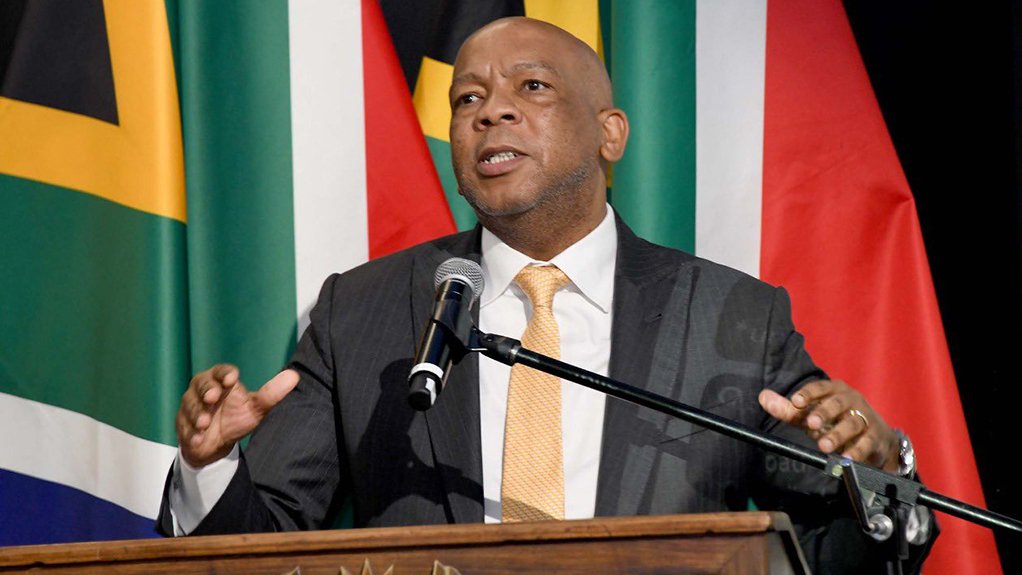South African Electricity and Energy Minister Dr Kgosientsho Ramokgopa has affirmed that Africa does not face a choice between decarbonisation and industrialisation. On the contrary, it has to, and can do, both. He was delivering the keynote address at the Africa Energy Forum 2025, at the Cape Town International Convention Centre, on Tuesday evening.
“We will not accept the false binary between decarbonisation and industrialisation,” he stated. Decarbonisation could not be used to block African aspirations. It had to support African aspirations.
He highlighted that 600-million Africans still had no access to electricity. The AU’s Agenda 2063 aimed at having universal electricity access across the continent by 2063. It had an interim objective of giving another 300-million Africans access to electricity by 2030.
He asserted that electricity was a human right, as it was essential for most human activities. That so many Africans had no access to electricity was not the result of a lack of capacity, but was a crisis of lack of will and of international financing structures.
He pointed out that, if the right reforms were implemented, Africa would become a global hub for energy. The continent had the potential to liberate its green power potential, such as hydropower and solar power, but also natural gas (for example in Mozambique and Namibia). He also cited South Africa’s emerging role in the nuclear sector, as a developer of small modular reactors.
AU Agenda 2063, he pointed out, placed energy at the centre of African development and sought the creation of modern, efficient and integrated energy systems to promote industrialisation and human development. To these ends, it sought to improve access to affordable and available energy, encourage cross-border transmission connections and achieve sustainable development.
The aim of providing most Africans with electricity was achievable. But progress so far had been slow, cautioned Ramokgopa. The continent’s regulatory frameworks were fragmented and unequally developed. There was also an excessively heavy reliance on external sources of finance. There was a need for more African-sourced financing integrated with national development plans.
In Africa, most electricity systems were confined within national borders, and there were only a few cross-border connections. Creating integrated regional transmission networks and markets would increase efficiency and reduce costs, especially for smaller countries, as it would give them access to more affordable electricity. Such networks would also allow the continent to diversify its electricity sources, because it would allow greater development of hydropower and solar power by providing larger markets for such projects.
But such projects required regional harmonisation of legislation and regulation.
Also essential for such developments was the deployment of hybrid financing, he observed. This would provide affordable funding for African energy projects. The continent needed coordinated investment strategies, which linked energy projects with industrial development. African countries needed to create industrial development parks for sustainable industrialisation, such as was happening in South Africa with green hydrogen, Namibia with green ammonia, and the Democratic Republic of Congo with battery systems.
EMAIL THIS ARTICLE SAVE THIS ARTICLE ARTICLE ENQUIRY FEEDBACK
To subscribe email subscriptions@creamermedia.co.za or click here
To advertise email advertising@creamermedia.co.za or click here











